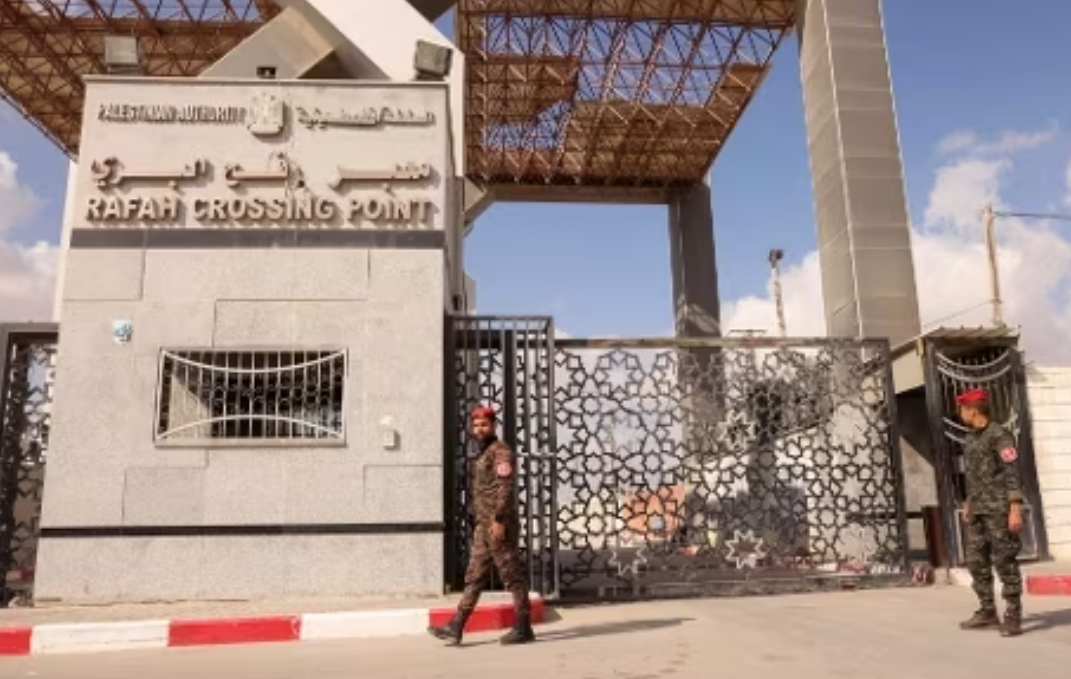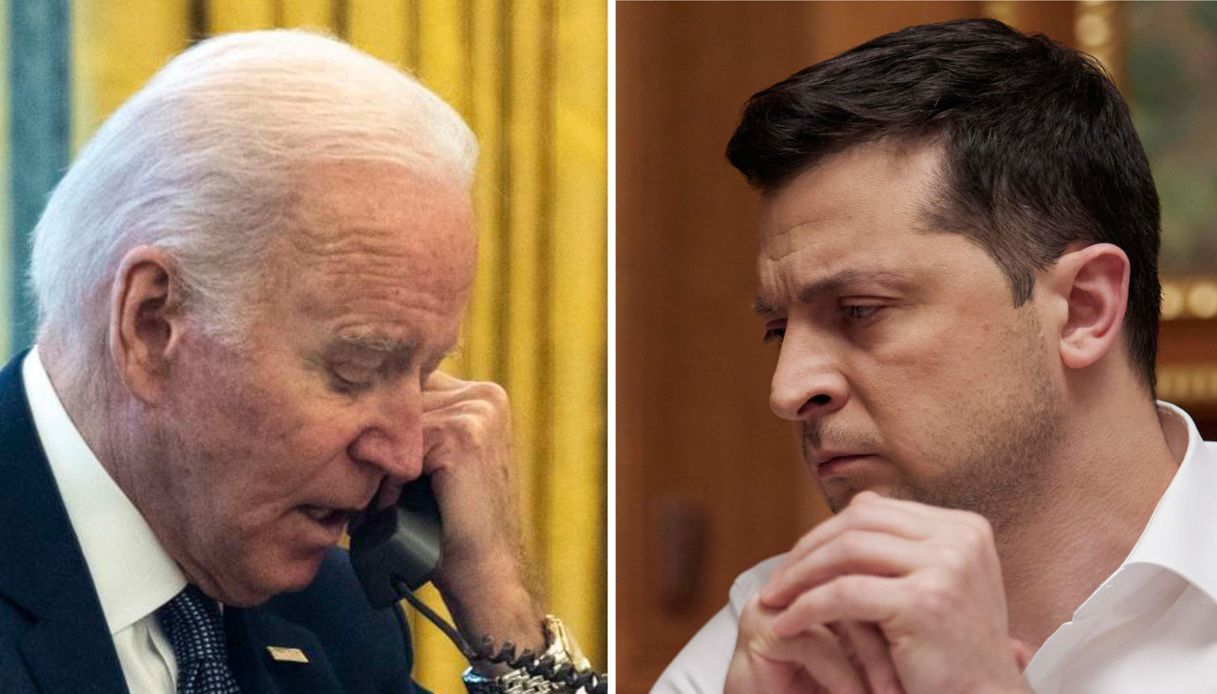[ad_1]
SAN JUAN, Puerto Rico/NEW YORK (Reuters) – As Puerto Rico struggles with a lack of fuel, water and medical supplies following the devastation of Hurricane Maria, it is pressing the Trump administration to lift a prohibition on foreign ships delivering supplies from the U.S. mainland.
The island’s governor is pushing for the federal government to temporarily waive the Jones Act, a law requiring that all goods shipped between U.S. ports be carried by U.S. owned-and-operated ships. President Donald Trump’s administration has so far not granted his request.
“We’re thinking about that,” Trump told reporters when asked about lifting the Jones Act restrictions on Wednesday. “But we have a lot of shippers and …. a lot of people that work in the shipping industry that don’t want the Jones Act lifted, and we have a lot of ships out there right now.”
Many of the U.S. territory’s 3.4 million inhabitants are queuing for scarce supplies of gas and diesel to run generators as the island’s electrical grid remains crippled a week after Maria hit. Government-supplied water trucks have been mobbed.
Puerto Rico gets most of its fuel by ship from the United States, but one of its two main ports is closed and the other is operating only during the daytime.
“We expect them to waive it (the Jones Act),” Governor Ricardo Rossello told CNN on Wednesday, noting there was a brief waiver issued after Hurricane Irma, which was much less devastating as it grazed past the island en route for Florida earlier this month.
Members of Congress from both parties have supported an emergency waiver, he said.
The U.S. government has issued periodic Jones Act waivers following severe storms in the past, to allow the use of cheaper or more readily available foreign-flagged ships.
The U.S. Department of Homeland Security, which waived the law after Irma and after Hurricane Harvey hit Texas in August, said on Wednesday it was considering a request by members of Congress for a waiver, but had not received any formal requests from shippers or other branches of the federal government.
Gregory Moore, a spokesman for Customs and Border Protection, an office of Homeland Security, said in a statement on Tuesday that an agency assessment showed there was “sufficient capacity” of U.S.-flagged vessels to move commodities to Puerto Rico.
“The limitation is going to be port capacity to offload and transit, not vessel availability,” he said.
LACK OF WATER, FUEL
Maria, the most powerful storm to hit Puerto Rico in nearly 90 years, caused widespread flooding and damage to homes and infrastructure.
Residents are scrambling to find clean water, with experts concerned about a looming public health crisis posed by the damaged water system.
On Tuesday, hundreds of people crowded around a government water tanker in the northeastern municipality of Canovanas, some 15 miles (25 km) east of the capital San Juan, with containers of every size and shape after a wait that for many had lasted days.
“I know there can be more help,” said Juan Cruz as he filled a container. Residents there said it was the first such truck to visit their neighborhood since the hurricane struck.
“We can use more help,” Cruz said. “We are U.S. citizens. We are supposed to be treated equally.”
Some also waited hours for gasoline and diesel to fill their automobile tanks and power generators to light their homes.
U.S. Air Force Colonel Michael Valle, on hand for relief efforts in San Juan, said he was most concerned about “the level of desperation” that could arise if fuel distribution did not return to normal within a couple of weeks.
San Juan resident Joselyn Velasquez said she thought aid was too slow to arrive.
“They say that it is coming from the United States, but who are they giving it to because I haven’t received any at my house?” Velasquez asked. “No one has knocked on my door and said, ‘Here is some rice.’”
The U.S. Federal Emergency Management Agency said by Wednesday that it had delivered more than 4.4 million meals and 6.5 million liters of water in Puerto Rico and the U.S. Virgin Islands since Maria ravaged the Caribbean.
In Washington, Republican leaders who control both chambers of Congress have said they are prepared to boost disaster funding, but are waiting for a detailed request from the Trump administration.
In the meantime, the administration still has $5 billion in aid in a disaster relief fund, and Congress has also approved about $7 billion more that will become available on Oct. 1.
Reporting by Robin Respaut in San Juan, Puerto Rico and Scott DiSavino in New York; Additional reporting by Reuters TV in Puerto Rico and Doina Chiacu, Roberta Rampton, Richard Cowan, Timothy Gardner and Jeff Mason in Washington; Writing by Bill Rigby; Editing by Frances Kerry and Lisa Shumaker
[ad_2]
Source link







Leave a Reply